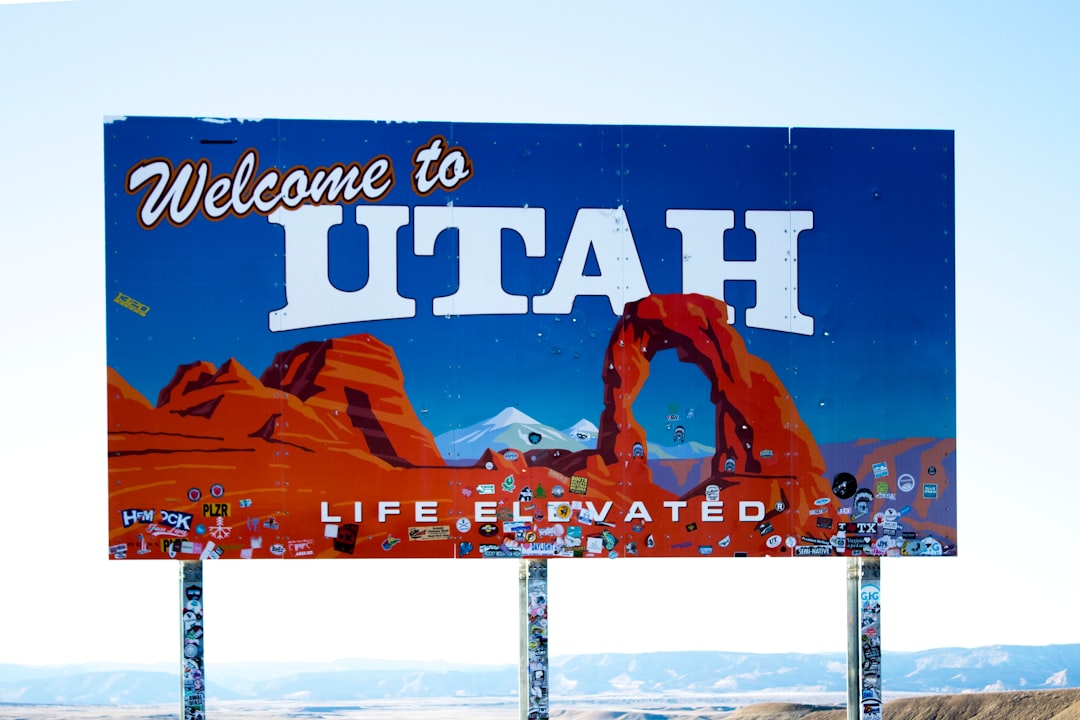In Utah, autodialer law firms must adhere to strict regulations to protect consumer privacy. Prior written consent is required for autodialed calls to Utah residents, emphasizing ethical marketing practices. Non-compliance incurs penalties, highlighting the need for informed, compliant strategies including robust user consent procedures, transparent communication, and accessible opt-out options. Regular audits and record-keeping ensure legal and ethical operations within Utah's autodialer law framework.
In Utah, as across the nation, autodialers are a common tool for businesses and law firms alike. However, their effectiveness hinges on securing user consent, a critical aspect governed by specific laws. This article delves into the importance of user consent for autodialers in Utah, exploring legal requirements and best practices for compliance. Law firms can navigate these regulations, ensuring ethical and effective marketing strategies while respecting consumer privacy. Understanding and adhering to these guidelines are essential for maintaining client trust and avoiding legal pitfalls in the competitive Utah market.
Understanding Autodialers and User Consent in Utah

In Utah, just as across the nation, autodialers are a common tool used by law firms and businesses for marketing and outreach purposes. These automated phone systems, capable of making hundreds or even thousands of calls per day, can greatly enhance communication efficiency. However, their use comes with stringent regulations to protect consumers from unwanted intrusions into their personal space. The Autodialer Law in Utah strictly governs the practice, particularly concerning user consent.
This law requires that any phone calls initiated by autodialers to Utah residents must obtain prior express written consent. This means that businesses and law firms must secure explicit permission from individuals before dialing, ensuring they have a direct and clear indication of willingness to receive such calls. The regulations are in place to safeguard privacy rights, giving consumers control over how their contact information is utilized. Adhering to these guidelines not only avoids legal repercussions for autodialer use but also fosters a positive relationship between businesses and their Utah clientele.
Legal Requirements for Autodialer Use in Utah

In Utah, the use of autodialers for telemarketing or marketing purposes is regulated by state laws and industry standards to protect consumers from unwanted calls. The Legal Requirements for Autodialer Use in Utah stipulate that businesses must obtain explicit consent from individuals before initiating automated phone calls. This means law firms utilizing autodialers need to ensure they have the necessary permissions, often through opt-in systems or signed agreements, to comply with Utah’s regulations.
Autodialer laws in Utah aim to prevent nuisance calls and give consumers control over their communication preferences. Businesses found violating these rules can face penalties, including fines. Therefore, it’s crucial for law firms employing autodialers to stay informed about the latest legal requirements, implement robust consent mechanisms, and maintain accurate records of consumer permissions to ensure ethical and lawful marketing practices in the state.
Best Practices for Law Firms to Ensure Compliance

To ensure compliance with user consent regulations for autodialers in Utah, law firms should adopt best practices that uphold ethical standards and protect client privacy. This includes obtaining explicit opt-in consent from individuals before initiating automated phone calls or text messages, clearly communicating the purpose and frequency of contact, and providing an easy, straightforward way to opt out at any time. Implementing robust internal policies and training staff on these procedures is vital for maintaining integrity throughout the process.
Additionally, law firms should regularly audit their autodialer usage against current regulations, staying updated with any changes in Utah’s consumer protection laws. Keeping detailed records of consent forms and interactions can serve as evidence of compliance, facilitating transparency and accountability. By embracing these best practices, Utah-based law firms can effectively navigate the use of autodialers while upholding legal and ethical obligations.






